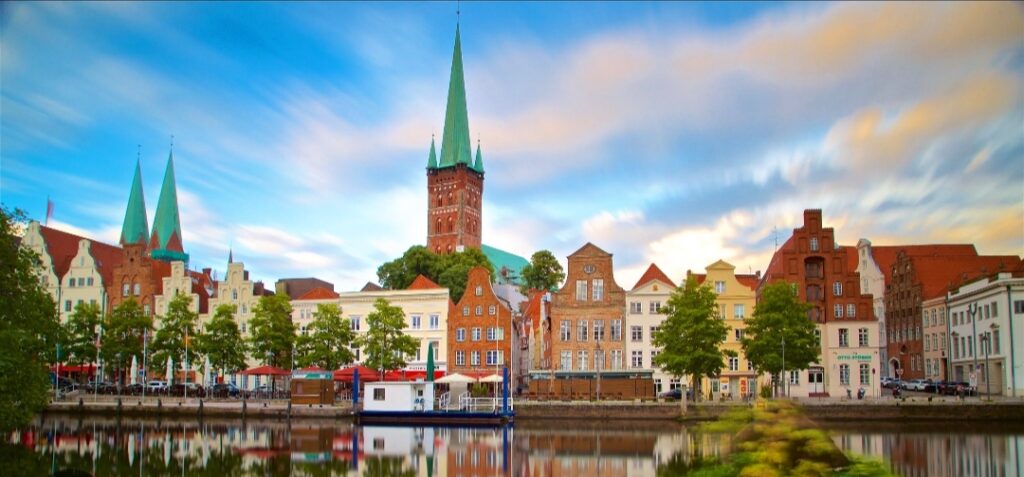Germany’s economy ministry has revised its 2025 growth forecast slightly upward, projecting a 0.2% expansion compared to the previous estimate of zero growth, according to a source familiar with the new forecasts reported by Reuters.
The modest upgrade reflects cautious optimism that Europe’s largest economy is finally stabilizing after years of stagnation and multiple global shocks. The ministry also expects the economy to expand by 1.3% in 2026 and 1.4% in 2027, suggesting a slow but steady recovery path.
Economic Background
Germany’s economy has struggled for momentum since the onset of the COVID-19 pandemic. The impacts of supply chain disruptions, an energy crisis following Russia’s full-scale invasion of Ukraine, and global trade tensions—intensified by tariffs introduced under former U.S. President Donald Trump—have all weighed heavily on growth.
Through 2023 and 2024, the country faced a technical recession marked by weak consumer spending and sluggish industrial output. The revised forecast, though minor, hints at potential stabilization as inflation cools and industrial sentiment improves.

What’s Behind the Revision?
While the economy ministry has not commented on the updated numbers ahead of their official release on Wednesday, analysts believe the revision reflects improved energy price stability and government investment measures supporting manufacturing and renewable sectors.
Germany’s export-driven industries are slowly recovering as global demand steadies, and domestic investments in green technology and infrastructure are expected to aid medium-term growth.
Outlook for Europe’s Largest Economy
Even with the upward revision, Germany’s growth outlook remains modest compared to other major economies in the European Union. Economists suggest that structural challenges such as labor shortages, digitalization gaps, and heavy industrial regulation still limit stronger expansion.
However, the projection of steady improvement over the next two years indicates that the worst of the downturn may be over. If global supply chains remain stable and energy costs continue to decline, Germany could gradually regain its position as Europe’s key economic driver.



